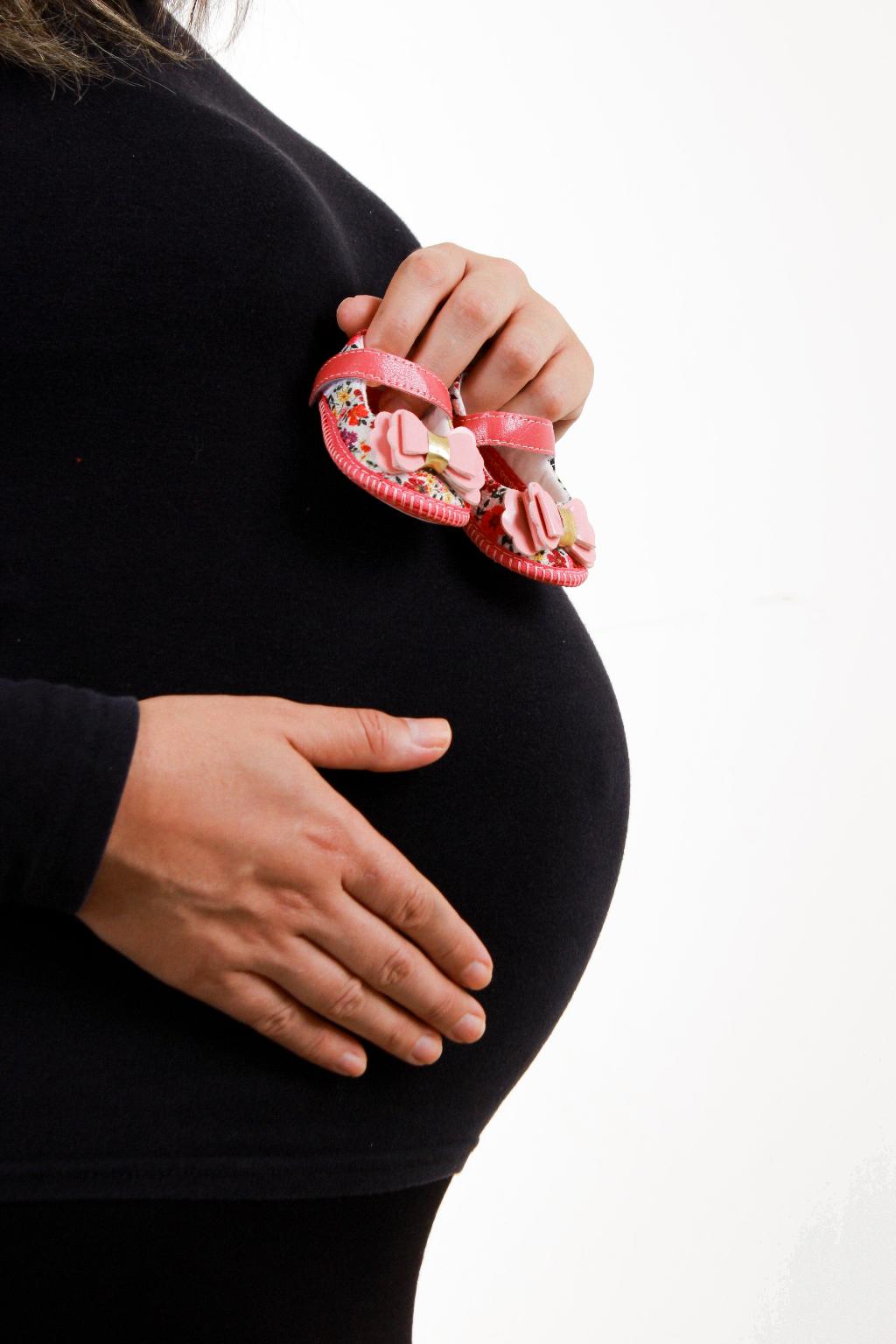When it comes to pregnancy, the first trimester is undeniably the most crucial period for your baby’s development. It spans from the moment of conception until about 13 weeks, during which time your baby’s body structure and organ systems begin to form. It is during this time that the foundation for your baby’s growth and development is laid.
Key Milestones in the First Trimester
Within the first trimester, several key milestones are achieved that set the stage for your baby’s future health. These include the formation of the neural tube, which eventually develops into the brain and spinal cord, as well as the beginnings of the heart, lungs, and digestive system. These early stages of development are critical in ensuring that your baby grows and develops properly.
Risks and Challenges in the First Trimester
While the first trimester is a time of rapid growth and development, it is also a period of vulnerability. The developing embryo is particularly sensitive to outside influences, such as certain medications, infections, and environmental factors. Miscarriage and birth defects are more common in the first trimester, highlighting the importance of taking extra precautions during this critical period.
Impact of Maternal Health on the First Trimester
Maternal health plays a significant role in the first trimester, influencing the health and development of the growing fetus. Factors such as nutrition, stress levels, and overall well-being can have a profound impact on the baby’s growth during this critical period. It is essential for expectant mothers to prioritize their health and well-being to ensure a healthy pregnancy.
The Role of Prenatal Care in the First Trimester
Prenatal care is crucial during the first trimester to monitor the progress of the pregnancy and address any potential concerns early on. Regular check-ups, ultrasounds, and blood tests can help detect any issues that may arise and ensure that both the mother and baby are healthy. Early intervention and support are key in promoting a successful pregnancy.
The Importance of a Balanced Diet in the First Trimester
Nutrition plays a critical role in the first trimester, as the developing fetus relies on the mother for essential nutrients to support its growth and development. A balanced diet rich in vitamins, minerals, and protein is essential for a healthy pregnancy. Additionally, certain foods should be avoided to reduce the risk of complications during this crucial period.
Emotional and Physical Changes in the First Trimester
Alongside the physical changes that occur in the first trimester, expectant mothers may also experience a range of emotional changes. Hormonal shifts, fatigue, and morning sickness are common during this period, impacting the mother’s well-being. It is important for mothers to practice self-care and seek support to navigate the challenges of the first trimester.
Preparing for the Second Trimester
As the first trimester comes to a close, it is essential to start preparing for the next phase of pregnancy. The second trimester brings new milestones and challenges, and being proactive in maintaining a healthy lifestyle and seeking prenatal care will set the stage for a successful pregnancy. Stay informed, stay healthy, and embrace the journey ahead.

